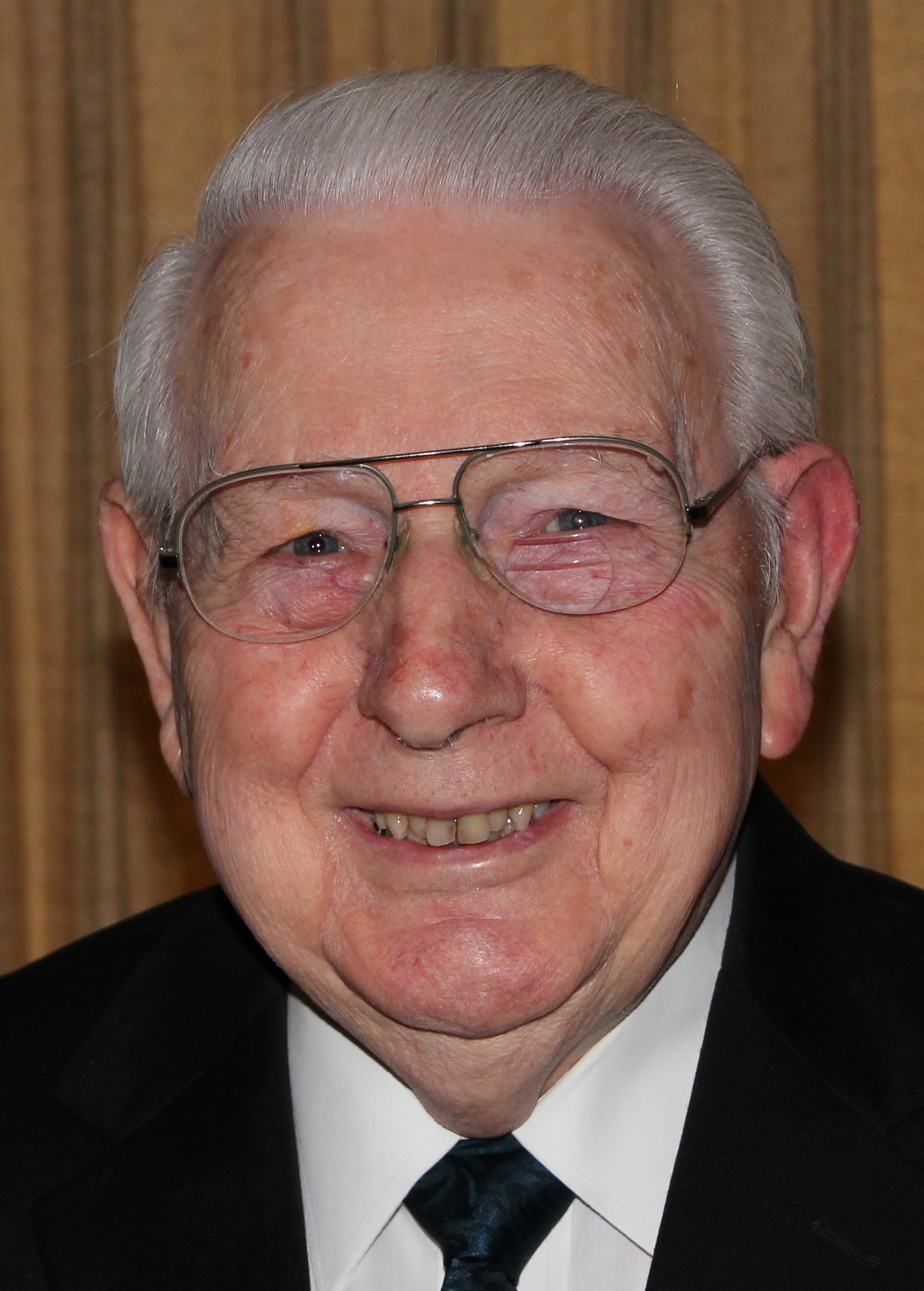 December 14, 2015 (Monday)
December 14, 2015 (Monday)
Have you seen the “dialect test” that’s making the rounds on the web? Answer a lot of questions and the program decides where your pronunciation and vocabulary had their beginnings. When I took the test, it said I talk like folks from Alabama and Mississippi. That was a total surprise. I preached in a revival meeting in Mississippi in 1978, and a couple of years after that drove through Montgomery on my way to Florida. That’s the total extent of my experience in those two states. How did I get their accent and vocabulary when my grandparents came from Arkansas, East Texas, New York, Minnesota and Wisconsin? So much for the accuracy of the pop test, y’all.

Radio and television announcers try to have a “non-regional” dialect. In fact, however, what we call “non-regional” is really the way folks talk in Omaha and Sioux Falls. So, “non-regional” is really mid-western.
I took a course in radio in college, and had several speech courses from Junior High through college. So, perhaps some of the training rubbed off on me. I’ve listened to recordings of myself preaching and I do a fair job of avoiding regional accents, unless I divert from the main sermon and chase a rabbit. If I’m relating a personal experience or telling a joke, my accent becomes what I would call “mush mouth,” sort of guttural with a twinge of mumbling and a touch of Mortimer Snerd (Edgar Bergen’s country bumpkin puppet).
I’m happy just to be preaching at all at my age, but not sure if I’m talking like folks from other parts of the country. But it makes no difference. The content of the message is what’s important. Paul told Timothy to “preach the word.” He later said he had “delivered the gospel.” I’ve tried to shoot for those goals in my preaching. To “preach Christ” has been my aim. That’s the honest truth, y’all.
